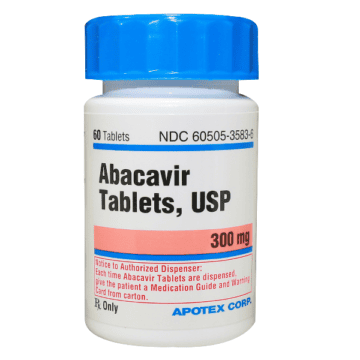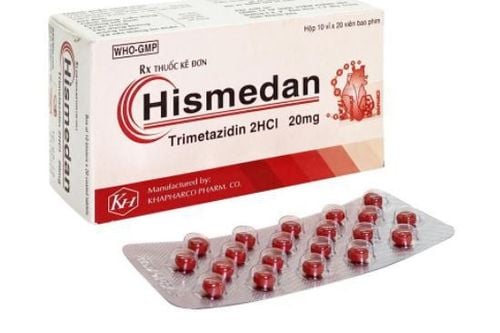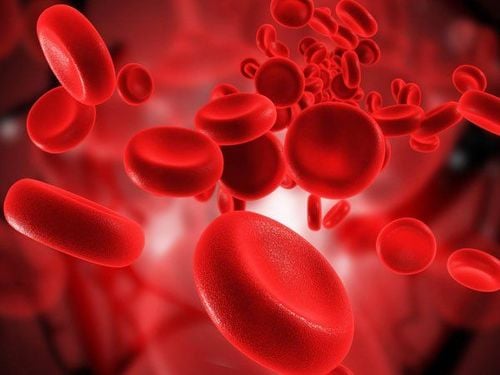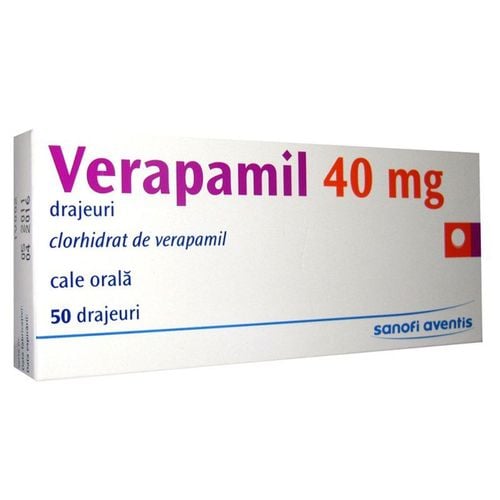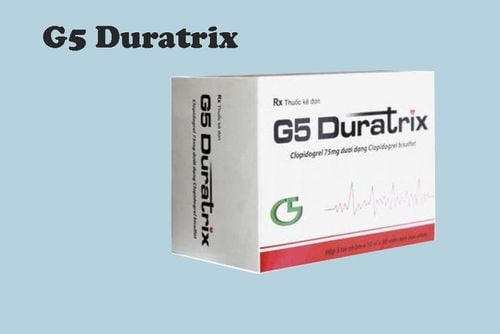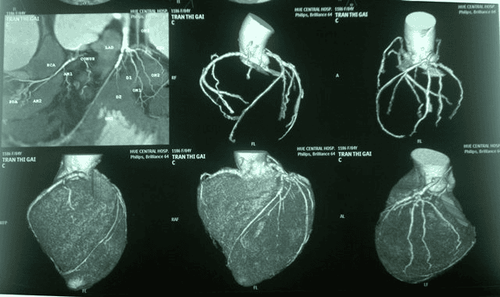This is an automatically translated article.
Posted by Master, Doctor Nguyen Quang Thang - Intensive Care Unit - Vinmec Times City International HospitalAngina is pain or discomfort in the chest that occurs when the heart doesn't get the blood and oxygen it needs. During an angina attack, the increased need for blood flow goes unmet for a short time. When there is no longer an increased need for blood flow, the symptoms of angina go away.
What does angina feel like? Angina and heart attack have the same underlying cause: atherosclerosis. It is the accumulation of fatty substances (plaque) in the coronary arteries. If one or more arteries are partially blocked, causing insufficient blood flow, you may feel pain or discomfort in your chest. Although angina can come and go, it is a sign of heart disease and is treatable. Lifestyle changes, medications, medical procedures, and surgery can help relieve angina.
Angina usually lasts only a few minutes. The discomfort during angina is usually located in the center of the chest, behind the breastbone. These are the sensations people describe with angina:
Feeling of tightness or heaviness in the chest Feeling of shortness of breath (or difficulty breathing) A feeling of pressure, pressure or burning in the chest Discomfort that may spread to arm, back, neck, jaw or stomach Numbness or throbbing nerve pain in the shoulder, arm or wrist Stomach upset When does angina occur? You can get angina when...
Climbing stairs or carrying things Feeling angry or confused Working in very hot or very cold weather Eating too much at once Sexual relationships Being stressed about Emotions Exercise What diagnostic tests can I get? Blood tests Electrocardiogram (EKG or ECG) Exercise testing Cardiac catheterization Coronary X-ray How is angina treated? Your doctor may give you nitroglycerin. It is a medicine that relieves or prevents chest pain caused by angina. Nitroglycerine:
Available as a small tablet to put under the tongue Available as a spray, capsule, skin patch or ointment Inexpensive and fast acting If you are taking nitroglycerin:
Always keep a fresh supply of medicine with you , sealed. Always keep the tablets in their original container. Exposure to heat, light and air can reduce the effectiveness of the drug. Ask your doctor about refilling your prescription every six months. Older tablets may be reduced in strength. What can I do about angina? You can make lifestyle changes and reduce your risk of angina. Here are some simple steps that can help you feel better every day:
See your doctor if you feel angina Quit smoking and avoid secondhand smoke Eat meals that are low in nutrients saturated fats, trans fats, cholesterol, and salt Control high blood pressure and blood cholesterol levels Avoid extremely high or low temperatures Avoid strenuous activities Learn to relax and manage stress Call your doctor doctor if your angina changes, such as when you have angina at rest or if the pain gets worse.
Please dial HOTLINE for more information or register for an appointment HERE. Download MyVinmec app to make appointments faster and to manage your bookings easily.




